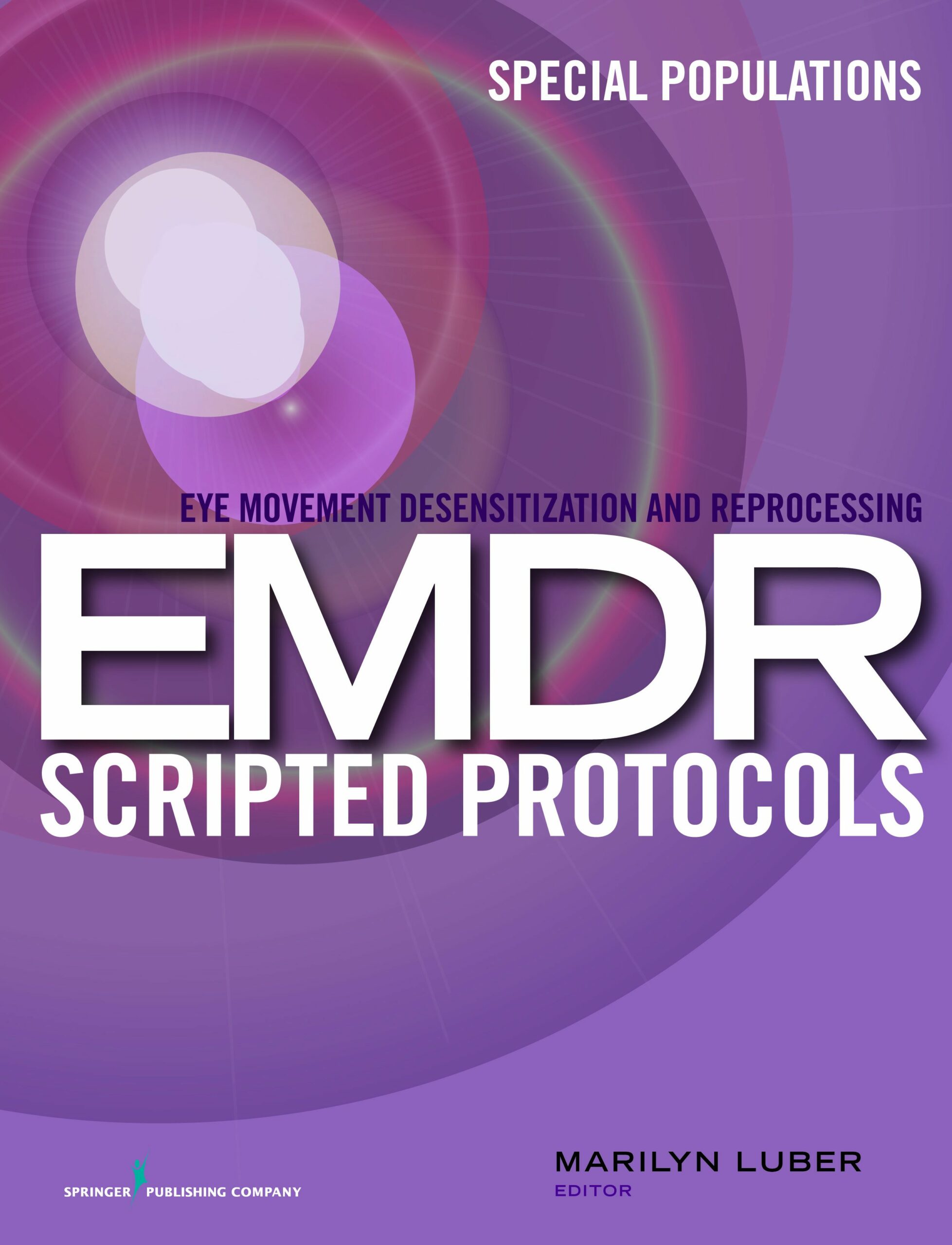Διαταραχή μετατραυματικού στρες σε πρόσφυγες και θεραπευτικές παρεμβάσεις βασισμένες στη γνωσιακή συμπεριφορική προσέγγιση: Συστηματική ανασκόπηση
Post-traumatic stress disorder in refugees and therapeutic interventions based on cognitive behavioral approach: A systematic review
ΠΕΡΙΛΗΨΗ
“Η Διαταραχή Μετατραυματικού Στρες (PTSD) συνδέεται με το βίωμα τραυματικών γεγονότων και σχετίζεται σημαντικά με τον πόλεμο και τον αναγκαστικό εκτοπισμό. Οι προσφυγικοί πληθυσμοί χαρακτηρίζονται από υψηλό βαθμό ευαλωτότητας για την ανάπτυξη PTSD, καθώς έρχονται αντιμέτωποι με ψυχοπιεστικούς παράγοντες που σχετίζονται με τις τρεις διακριτές φάσεις του μεταναστευτικού ταξιδιού. Η παρούσα εργασία αποτελεί μια προσπάθεια συστηματικής ανασκόπησης των θεραπευτικών παρεμβάσεων που βασίζονται στη Γνωσιακή Συμπεριφορική Προσέγγιση και εφαρμόζονται σε πρόσφυγες που έχουν διαγνωστεί με PTSD. Για τον σκοπό αυτόν πραγματοποιήθηκε ανασκόπηση της διεθνούς βιβλιογραφίας μέσω των ηλεκτρονικών βάσεων δεδομένων: Google Scholar, PubMed και Science Direct. Εντοπίστηκαν 40 μελέτες, από τις οποίες οι 16 πληρούσαν τα κριτήρια εισαγωγής. Σύμφωνα με τα αποτελέσματα της ανασκόπησης, οι πιο συνηθισμένες παρεμβάσεις είναι η Γνωσιακή Συμπεριφορική Θεραπεία (CBT), η Αφηγηματική Θεραπεία Έκθεσης (NET) και η Απευαισθητοποίηση και Αναπροσαρμογή μέσω οφθαλμικών κινήσεων (EMDR). Πιο συγκεκριμένα, η CBT βοηθά το άτομο να κατανοήσει και να επανεξετάσει τις αρνητικές σκέψεις και τα συναισθήματα που προκαλούνται από το τραυματικό γεγονός, με αποτέλεσμα τη μείωση των συμπτωμάτων και τη βελτίωση της ποιότητας ζωής. Έπειτα, η ΝΕΤ υποστηρίζει ότι το άτομο, όταν μιλά για τα τραυματικά γεγονότα τοποθετώντας τα σε μία χρονολογική σειρά, μπορεί σταδιακά να επαναπροσδιορίσει τις αρνητικές συσχετίσεις και αποκρίσεις που σχετίζονται με το τραύμα. Τέλος, η EMDR εστιάζει στη μνήμη και στο πώς αποθηκεύονται οι αναμνήσεις στον εγκέφαλο. Σκοπός της είναι η μείωση της έντασης των συναισθημάτων που σχετίζονται με το τραυματικό γεγονός, όταν αυτό ανασύρεται. Και οι τρεις προσεγγίσεις φαίνεται να έχουν μελετηθεί και να αποδίδουν αξιόπιστα αποτελέσματα. Άλλες μορφές θεραπευτικών παρεμβάσεων περιορίζονται λόγω μεθοδολογικών ζητημάτων, καθώς και λόγω υιοθέτησης τυποποιημένων προσεγγίσεων που δεν επιτρέπουν την εις βάθος κατανόηση του τραύματος στον προσφυγικό πληθυσμό. Προτείνεται η περαιτέρω διερεύνηση των μακροχρόνιων συμπτωμάτων του τραύματος στους πρόσφυγες, προκειμένου να διεξαχθούν ασφαλή συμπεράσματα.”
Summary
“Post-Traumatic Stress Disorder (PTSD) is connected with the experience of traumatic events and is significantly related to war and forced displacement. Refugee populations are characterized by a high degree of vulnerability for the development of PTSD, as they are confronted with stressors associated with all three distinct phases of migratory journey. The present article is an attempt to systematic review the therapeutic interventions based on the Cognitive Behavioral Approach and applied to refugees diagnosed with PTSD. For this reason, a review of the international literature was carried out through the electronic databases: Google Scholar, PubMed and Science Direct. Forty (40) studies were identified, of which 16 met the inclusion criteria. According to the results of the review, the most common interventions are Cognitive Behavioral Therapy (CBT), Narrative Exposure Therapy (NET) and Eye Movement Desensitization and Readaptation (EMDR). More specifically, CBT helps the individual to understand and reexamine the negative thoughts and feelings caused by the traumatic event, resulting in a reduction of symptoms and an improvement in quality of life. Following, NET supports that when a person talks about the traumatic events by placing them in a chronological continuity, they can gradually redefine the negative associations and responses related with the trauma. Finally, EMDR focuses on memory and how memories are stored in the brain. Its purpose is to reduce the intensity of the emotions associated with the traumatic event when it is recalled. All of those three approaches appear to have been studied and to yield reliable results. Other forms of therapeutic interventions are limited due to methodological issues as well as due to adopting standardized approaches that do not allow for an in depth understanding of trauma in refugee population. Further investigation of the long-term symptoms of trauma in refugees is suggested, in order to draw firm conclusions.”
—Description from publisher
Article Access
Open Access
Karvela, P., & Papathanasiou, C. (2025). Post-traumatic stress disorder in refugees and therapeutic inverventions based on cognitive behavioral approach: A systematic review. Psychiatriki 36: 123-138. Open access: https://doi.org/10.22365/jpsych.2024.011
Date
June 1, 2025
Creator(s)
Panagiota Karvela, Chrysovalantis Papathanasiou
Topics
PTSD
Client Population
Immigrants/Refugees
Practice & Methods
Comparative Studies
Extent
16 pages
Publisher
Hellenic Psychiatric Association
APA Citation
Karvela, P., & Papathanasiou, C. (2025). Post-traumatic stress disorder in refugees and therapeutic inverventions based on cognitive behavioral approach: A systematic review. Psychiatriki 36: 123-138. Open access: https://doi.org/10.22365/jpsych.2024.011
Audience
Other Mental Health Professionals
Language
Greek
Content Type
Article, Meta-analyses/Systematic Reviews, Peer-Reviewed
Access Type
External Resource, Open Access




